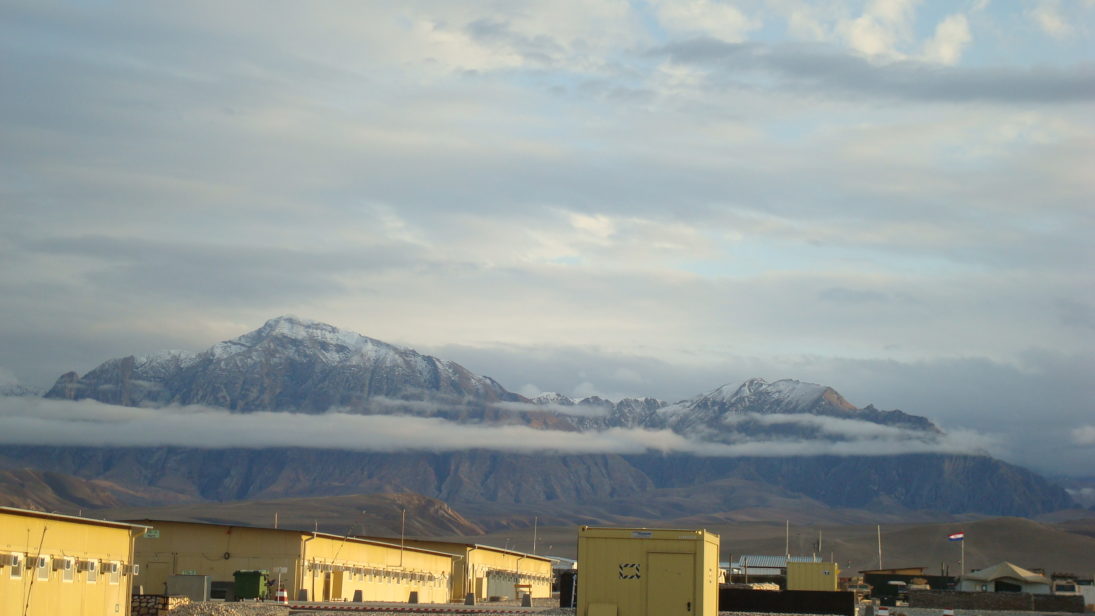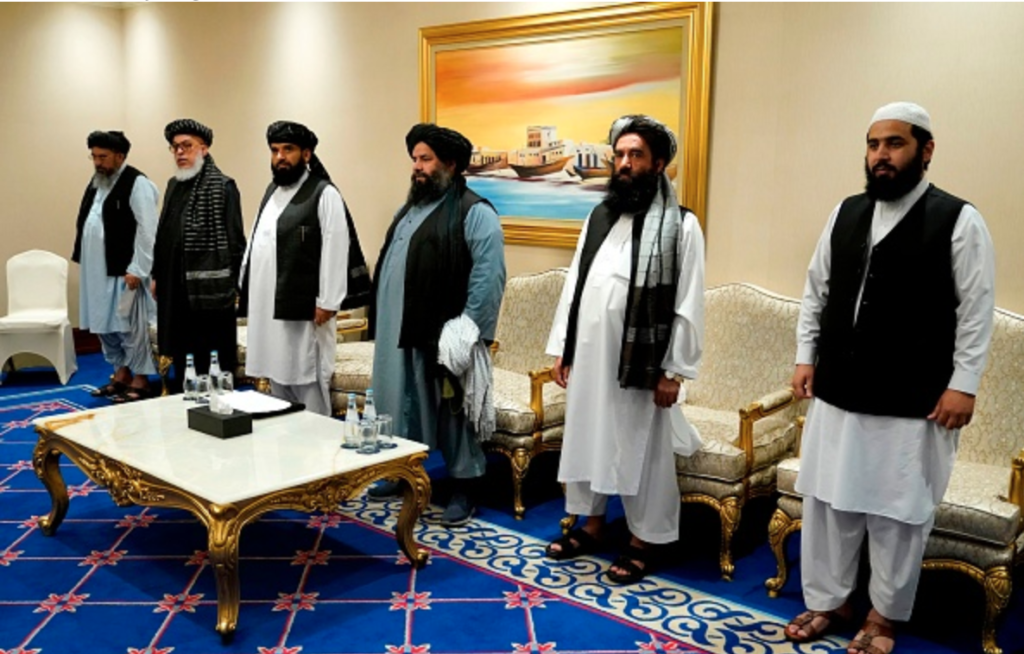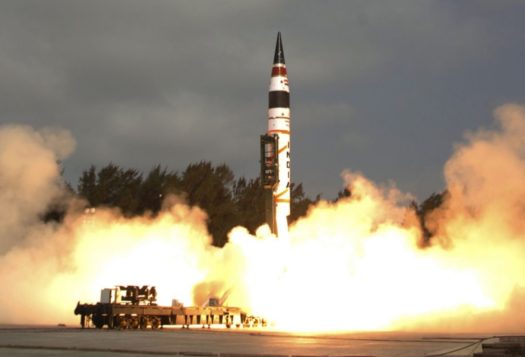
Following announcement of U.S. troops’ departure from Afghanistan, the world has been left to hypothesize what may come next. The current reluctance of the Taliban to come to the negotiation table might be attributed to their misperception that regional support will continue after the September 11 withdrawal deadline, which they believe would enable a total victory if negotiations fail. Taliban leadership must recognize otherwise. Various regional actors currently depend on the Taliban to further their strategic interests and positioning, but the nature of these strategic interests will likely change following U.S. withdrawal.
Studying the history of these states’ specific interests in Afghanistan illustrates why these states have supported the Taliban and why this support could deteriorate after the withdrawal. Another war may not yield clear winners. A future civil war would likely bring economic disparity, a power vacuum enemy proxies could fill, and a large exodus of refugees fleeing the violence. This is all bound to spill over into neighboring countries and force them to reassess the benefits of continued ties to the Taliban.
A future civil war in Afghanistan would likely spill over into neighboring countries and force them to reassess the benefits of continued ties to the Taliban.
Pakistan and the Taliban
Pakistan has made significant investments in support of causes and elements serving their interest in Afghanistan for the past forty years, most recently by supporting the Taliban. Pakistan assisted in arming, funding and providing sanctuaries to the Mujahideen in the 1970s and 1980s against the Soviets. Years later, during Taliban rule, the Foreign Office of Pakistan paid Taliban leadership salaries, as Ahmed Rashid explains in Taliban: Militant Islam, Oil and Fundamentalism in Central Asia. After the events of September 11, 2001, as Steve Coll writes in Directorate S,Pakistan faced the difficult decision to either side with the United States in its Operation Enduring Freedom or risk becoming an adversary. Pakistan publicly supported the U.S. mission while never actually breaking ties with Taliban leadership.
Pakistan suffered international backlash for its relationship with the Taliban, including placement on the Financial Action Task List. Despite this, Pakistan continued to support the Taliban, with the intent to generate pressure and a stalemate long enough to encourage U.S. withdrawal from the region. Many in Pakistan’s government believed a political settlement and subsequent a political order dominated by the Taliban would serve Pakistan’s interests well by limiting India’s access to the region.
Kabul-Kashmir Complications
Entangled in these dynamics, the Kashmir issue has been at the core of tensions between Pakistan and India. India views Pakistan-sponsored terrorism, including the training of Kashmiri fighters in the past through the Haqqani network, as the real cause of unrest in the region. Recent rapprochement efforts from both sides—including PM Modi’s goodwill letter to Pakistan and PM Imran Khan’s tweet showing willingness to improve ties—might temporarily create an environment that discourages pitting proxy groups against one another in Kashmir and Afghanistan. In this event, India could afford to focus more internally, increasing its presence as a counterweight to China’s expanding global presence. If Pakistan complies with the U.S. vision for the Afghan peace talks, it could secure a favorable outcome to a seemingly unending dispute and could move towards building better relations with India.
Temporarily reduced India-Pakistan tensions over Kashmir could have several overflow affects on the situation in Afghanistan, ultimately affecting Pakistan-Taliban ties. In lieu of a political settlement in Afghanistan, the Taliban may attempt a total victory after the U.S. withdrawal. Pakistan’s presumed support for the Taliban would make the country a more staunch enemy of the Afghan government, pushing the government into alignment with India. India’s support for the government would likely match Pakistan’s support for the Taliban post U.S.-withdrawal. A perceived threat from India-backed groups within Pakistan could further incentivize Pakistan to divest resources in the Taliban in case of a civil war. This paired with how Pakistan stands to gain from the de-escalation in Kashmir are reason enough for Pakistan to tell the Taliban enough is enough.

Iran and the Taliban
Iran’s funding and arming of the Taliban can be largely attributed to Iran’s unremitting opposition to the United States. This is despite a history of distrust between Iran and the Taliban resulting from the Taliban’s targeting of the Afghan Shia Hazara minority. Iran-Taliban ties can arguably be seen in the Taliban appointment of a Shia Hazara as the northern district governor in Afghanistan. Iran has been using North Korea’s strategy of acting out in order to be noticed by the new Biden administration, and the active role Iran has been playing in hosting the Taliban and supporting them is part of the same strategy. This link can be seen in Biden’s suggestion that a new deal with Iran include an agreement on limiting support for terrorism.
It is likely that even if the Biden administration manages to move past the hurdles and revives the multilateral nuclear deal enacted by the Obama administration, the Iranian regime would continue to pursue its goals in the region. Despite Iran’s interest in replacing the current pro-U.S. government of Afghanistan, Iranian Foreign Minister Javad Zarif has been quoted saying that the Taliban are not capable of ruling Afghanistan alone, something the Taliban can only achieve through a total-victory. Iran is wary of the potential impact an all-out civil war might have, including an increase in the two million above Afghan refugee population in the country and the threat a war poses for the Hazara community. The current escalation in violence is already creating opportunities for different groups to target Hazara communities including the bombing of a school in Kabul on May 9.
Qatar and the Taliban Political Office
The opening of the Taliban Doha office in 2013 granted the Taliban a physical address and safe space for negotiations and enabled them to pursue their goals politically. By hosting the Taliban, Qatar made itself a primary actor in the Afghan conflict. Yet it is not likely to remain a major facilitator if both the negotiations fail and foreign forces withdraw. Half of the countries of the Gulf Corporation Council severed their ties in 2017 with Qatar over their connection with groups such as the Muslim Brotherhood and Hamas. The Taliban’s continued failure to contain Al Qaeda, which has historically been a threat to Saudi Arabia, is likely to dent normalizing relations between Qatar and the Gulf countries. The Taliban leadership must question whether Qatar would risk tensions with Saudi Arabia to support them.
Hosting the Taliban after the deadline could damage Qatar’s relations with the United States, a partner it relies on to reinforce its standing in the MENA region.
Hosting the Taliban after the deadline could damage Qatar’s relations with the United States, a partner it relies on to reinforce its standing in the MENA region. The goal of the Qatar office was to give the Taliban leadership a platform to chase their political goals. If the political option is off the table (in the event of a civil war), Qatar would have little reason to continue funding such an office. Even if Taliban were to capture significant territory, it would not enjoy recognition as a legitimate state nor have the Afghan army’s airpower superiority. This could expose their leadership to targeting, making the current Qatar office a preferable and safer option.
Changed International Context
The international posture towards the conflict in Afghanistan has also shifted since the last time the Taliban took over. Unlike Taliban rule in the past, the regional partners, especially India, plan to play an active role in preventing the Taliban from overrunning the Kabul government. This outcome might mean an Afghanistan that is aligned with Pakistan and a haven for anti-India elements. Other regional partners would want to safeguard their interests by preventing the return of Taliban authoritarian one-party rule, an outcome that sidelines the actors they trust within the country.
It is high time the Taliban realize that the support they have enjoyed in the past two decades was directly linked to their sponsors’ interests in pushing the United States towards withdrawal, something slated to happen soon. A loss of strategic interest in the Taliban’s cause by some and reduction in funding and sanctuaries by others are all likely to impact Taliban capabilities in their pursuit of a military option. A withdrawal without a political settlement would spell a loss for the Taliban’s military momentum and weakened regional support in an unwinnable war.
***
Image 1: Wikimedia Commons


